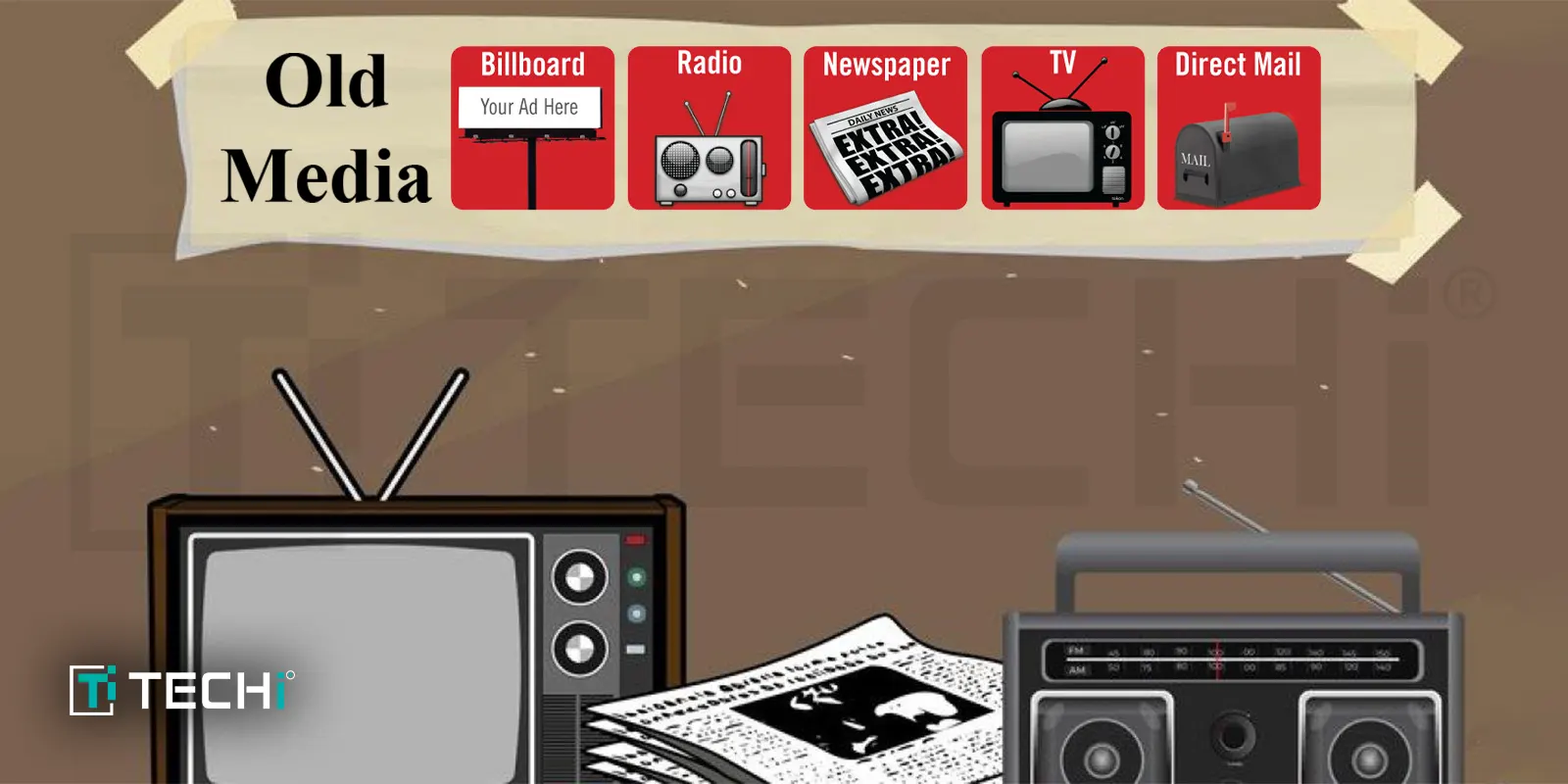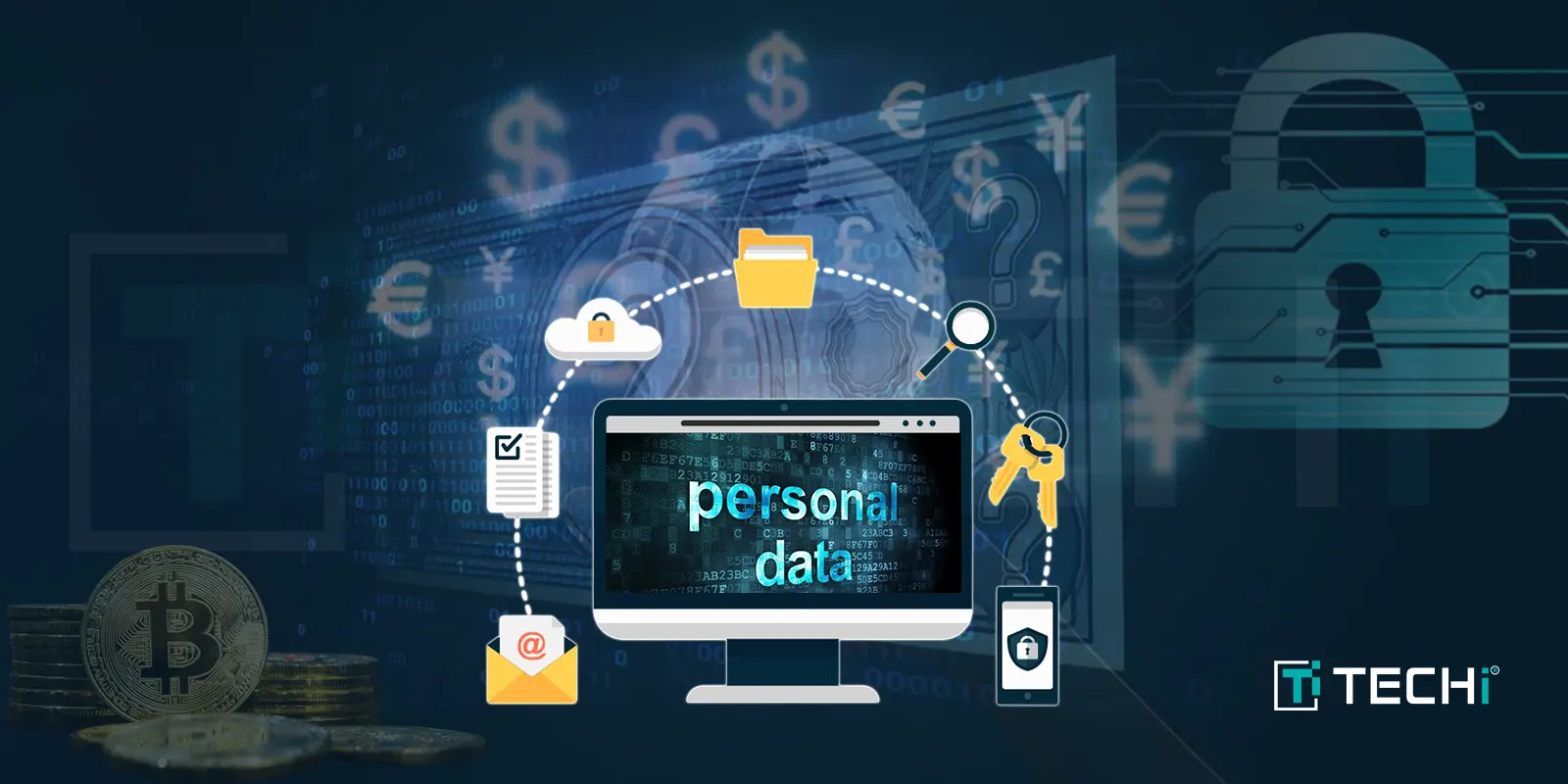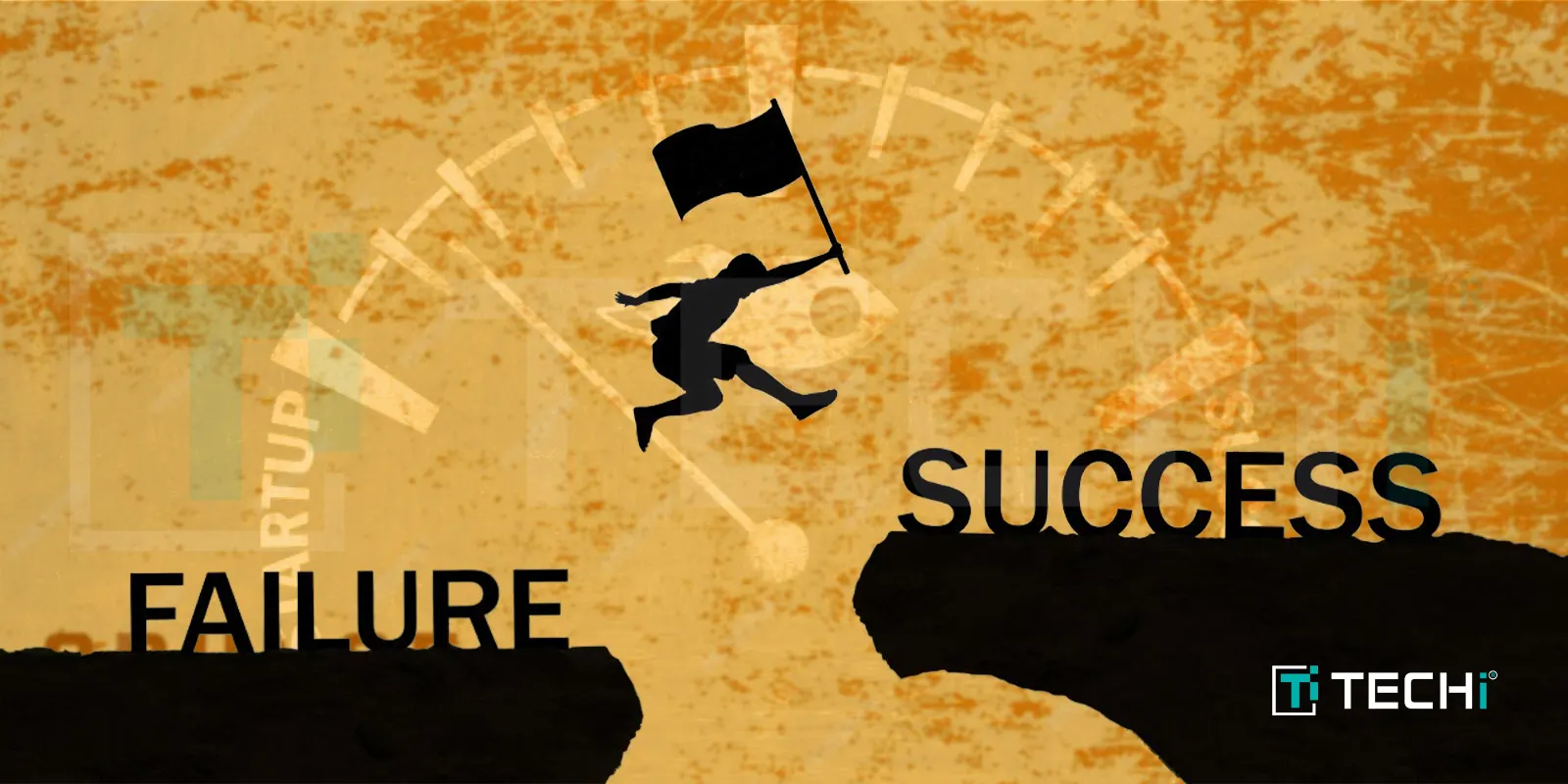The RIAA and MPAA Have Failed To Understand A Cultural Shift

Though we have, over the past few years, become accustomed to rather strange, aggressive ideas from those who run the movie and music businesses, the latest move from the RIAA and MPAA is a little astounding.
Today, the Electronic Frontier Foundation, an organization dedicated to defending internet users’ rights, outlined some of the suggestions made by the media conglomerates for protecting their content. They, along with many other players, were asked to weigh in on how intellectual property should be treated in a changing, networked world.
And you know what the MPAA and RIAA suggested? Well, among other things:
- Anti-infringement spyware to be installed on users systems
- Filtering technology on internet service provider’s networks to prevent the spread of copyrighted material
- ‘Inform’ and ‘educate’ (i.e. harass) entrants to the US about the ‘dangers of pirated material’
- Intimidate countries that do not agree with these policies, using US economic clout to threaten them
- Use federal resources to employ agents to crack down on copyright thieves
So, how does that sound? Having spyware installed on your system and monitoring what you’re watching? Having your ISP filtered and throttled so that the MPAA and RIAA can control what gets distributed around the internet? Super, right?
But it isn’t simply the stunning sense of entitlement and invasiveness that’s the issue here. There’s something bigger at stake than simply ‘this is not how you should treat your customers’.
What the RIAA and MPAA have failed to understand is that new technologies like the web don’t simply represent new ways to pirate material – they are part of a seismic change in culture. By failing to understand that this is a cultural and not only technological or economic shift, media businesses are on the brink of becoming obsolete due to an obsession with control.
Technically speaking, you might articulate the change in how we think of these things by talking about ‘the economics of scarcity’ vs. the ‘economics of abundance’.
See, physical media is hard and expensive to create and distribute – not only do you have to find the materials to press CDs or print books, you have to then distribute them on trucks and trains and what-have-you. This creates an economic system based on scarcity, or as we more traditionally think of it, supply and demand. Limited by physical constraints like materials and labor, you make a certain number of things and then you set the price based on how many people want that thing.
But when you switch to digital, this scarcity often disappears. An MP3 or movie file or eBook is just ones and zeroes. After the initial costs of creation are done with, creating a new copy costs almost nothing. Suddenly, things are abundant – there is no physical limit on how many of something can be made – and this changes things.
But that’s only the economic side of things. Culturally, there has also been a shift in how we think of accessing content like TV shows or films or music. Whereas once it seemed to make sense to save our pennies for new records or films, it’s now much harder to justify that expense because there is so much available for free, legitimately or not. You know this – it’s everywhere around the web, because no-one can control the spread of information.
People will often talk about this in terms of ‘stealing’ or ‘entitlement’ – which has it merits – but also misses the point. Once a person has experienced the freedom of something like Napster or Bittorrent, it’s hard to put that genie back in the bottle. It isn’t about ‘thieving’ as much as it is this: once you know what it’s like to access culture with such freedom, going back to the basics of plunking down 20 bucks for a iTunes movie you can’t copy, can’t take to your friends house or can’t watch on your PS3 not only feels strange, it feels plain backwards and absurd.

By attempting to replicate the scarcity model in the digital age, media businesses have made clunky DRM’ed products and have alienated consumers, and they are voting with their wallets. It might seem sensible to try crack down on consumers, but it’s like trying to nail jello to wall: you can’t do it, and it wasn’t a very good idea in the first place.
That may be controversial – and might even seem to support piracy – but that isn’t the case.
There are solutions to this problem, among the best of which is something like ‘monetizing the pipes’ – i.e. charge for the distribution. Another option is something like eMusic, which makes you pay a set amount for a certain number of MP3s a month. More options include what Mike Masnick calls ‘finding other scarcities’ like musicians making money from live shows and merchandise but giving the music away for free.
But the point boils down to this: the world has changed. The internet works on principles of openness and exchange, and information and content ricochet around at an amazing rate. You just can’t control that without unfairly limiting people’ experiences of the web. This is what the MPAA and RIAA have failed to understand. They are still working in a mindset that is based on scarcity – we have a limited amount of product, and we have to protect it – and that’s an ideal that certainly was noble and fair years ago.
But when culture and technology have changed so drastically, and digital information fundamentally works through copying and spreading, it’s also a naive one. Rather than trying to lock down the entire internet and the exchange of media, those concerned should be looking to establish new business models or new products that draw people in (like Avatar, for example).
After all, if they don’t, it’s not we who will lose. People will continue to create, and they will find ways to finance and distribute them using new tech. The MPAA and RIAA, on the other hand – well, it may already be too late for them and the lumbering dinosaurs who lead them.





One day, they’re gonna stop creating these movies starting with especially lame movies. We won’t have anything to steal except movies that weren’t created for profit. No Video Rental stores. Even fewer dloads on iTunes etc. And we’ll get to sit back and watch theatre ticket prices rise (although we would have really awesome theatre experiences).
Lets put a value on time and effort as well as the risk it takes to search for and download an illegal high quality version of said content and weigh that against the cost of the same legal, physical and high res/quality version of said content on a popular physical media with the fancy artwork, extra features then set the price equal the effort, and see sales increase.
The thing I find funny is that there are revenue models out there based on providing a good service and asking people to pay what they can afford. For instance, I consume a lot of media created by National Public Radio and enjoy it. So when they say, hey lend us a hand and donate, I do, I like them they’re the content provider and I want it to continue. Does this mean that everyone donates? I would guess not, does it mean they stay in business? Yes.
Well Google has managed to do something so incredible and so powerful that the full significance of it has escaped everyone. By making thousands of copyright expired books easily available they have enabled a tremendous resource, aided research and contributed to the overall cultural quality of the entire world.
As always, a small group of special interests want to “protect” their right to block us from looking at, for example, some obscure book which has gone out of print but is still in copyright. Even if it has been out of print for years and the publisher has no intention of ever publishing it again, they don’t want you to be able to look at it because that would be a “violation” of the “copyright”. Google has pretty much been respectful, so far, of the publishers’ wishes but if they had their way, Google would be blocked from showing even the copyright expired books, including the ones which are still being published.
This is not the enforcement of law to protect the rights of writers and content creators, it is the deliberate manipulation of the law to protect the profits of corporatists intent on holding back progress and attempting to live in the past in which the old rules of scarcity and pricing can continue to be exploited in their favour. How about, if a copyrighted book is not put back into print after 10 years then the publisher or author retains the copyright but Google is allowed to show it in Google Book Search – ALL of it! If it goes back into print, Google removes it. Just some simple reforms like this might help – might actually benefit the authors and publishers too.
It is long overdue that these sorts of laws be reformed along with the tax breaks, corporate welfare and other nonsense that is mucking up our country, and the rest of the world for quite some time and continues to do so. And NO it is NOT socialism.
>>
It IS very similar to buying a cake or a car.
>>
No, it is not similar to buying a car at all. There is no physical product. Media is a virtual product and trying to sell it via business models that rely on physical products is just not going to work very well.
Better business models are using advertising to make revenue or selling premium services to manage your media, or even selling the hardware that is used to play it back. Instead the RIAA/MPAA is doing its best to squash these business models in order to protect its distribution monopolies.